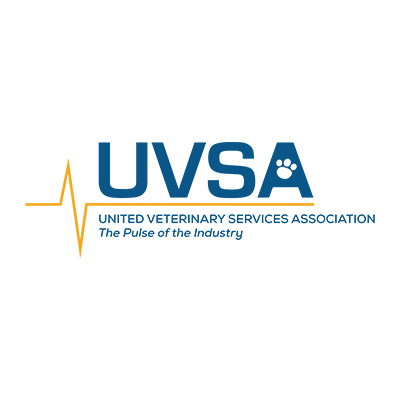Human Animal Bond Research Institute (HABRI) Connects Researchers, Practitioners and Policymakers to Increase Access to Pets and Pet Care
Washington, D.C. (February 11, 2025) — The Human Animal Bond Research Institute (HABRI) today issued a new report, The Role of Companion Animals for Improved Mental Health, focused on providing data, insights and best practices to move society towards more widespread awareness and implementation of policies and programs that elevate the role of pets for improved mental health.
“By prioritizing research, fostering partnerships, advancing best practices, and advocating for pet-inclusive policies, we can unlock the full potential of the human-animal bond to improve mental health outcomes for everyone,” said Steven Feldman, president of HABRI.
The positive impact of the human-animal bond for mental well-being has been validated through decades of scientific research. Building on this foundation, the HABRI Spring Policy Forum sought to uncover the practical implications of these findings, examining successful programs, practices and resources that harness the human-animal bond for improved mental health outcomes. The Report provides a synopsis of the expert presentations made by professionals across a wide array of disciplines, including mental health, animal-assisted interventions (AAIs), veterinary medicine, social work, housing and public policy.
A key finding is that the lack of access to affordable, pet-friendly housing poses a significant barrier to pet ownership for many. During the Policy Forum, the Enforcement Division of Office of Fair Housing and Equal Opportunity (FHEO) at the Department of Housing and Urban Development, shared insights on how the agency plays a key role in implementing regulations related to service and assistance animals in public housing, ensuring that individuals with these animals are protected from discrimination.
Important legislation, the People and Animals Wellbeing (PAW) Act, was presented by the bill’s lead sponsor, Congresswoman Claudia Tenney (NY-24), with the goal of keeping people and pets together by making veterinary care more affordable for pets and service animals. The PAW Act proposes to include veterinary care expenses under tax-advantaged Health Savings Accounts (HSAs) and Flexible Spending Accounts (FSAs).
“Our pets and service animals are cherished members of our families, and it’s essential that owners have the ability to pay for quality care. The PAW Act offers greater flexibility to pet owners by allowing them to use HSAs and FSAs for pet care expenses. This legislation will help veterans, and all pet owners afford veterinary care for their beloved pets and service animals,” said Congresswoman Tenney.
Click here to read and download the report: The Role of Companion Animals for Improved Mental Health.
About HABRI
HABRI is a not-for-profit organization that funds innovative scientific research to document the health benefits of companion animals; educates the public about human-animal bond research; and advocates for the beneficial role of companion animals in society. For more information, please visit http://www.habri.org.
Contact
Hayley Maynard
hayley@inspireprgroup.com
###





